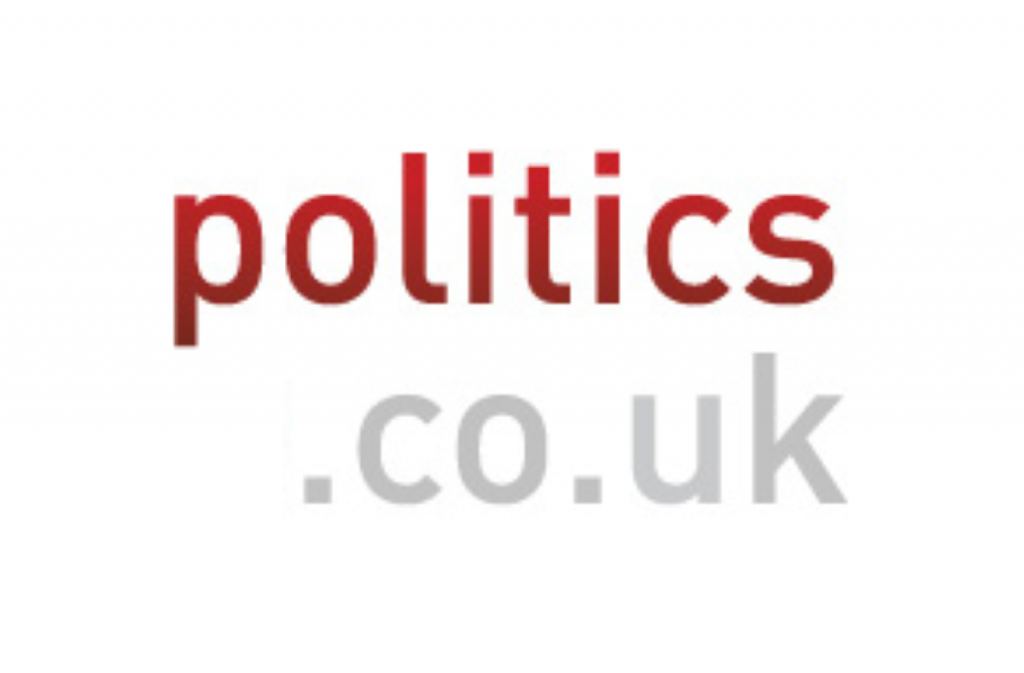ECT guidance issued
The National Institute for Clinical Excellence NICE has released new guidance on the use of electroconvulsive therapy.
The highly controversial form of therapy for people with mental ill health is used on thousands of mentally ill patients each year in the UK, but campaigners claim that benefits are unproven and side effects unknown.
ECT involves the use of electrodes, which are connected to patient’s temples so as to pass an electric shock into the brain. This is believed to help shock the brain into normal activity.
These new regulations will restrict the use of ECT to acute mental disorders such as severe depressive illness, catatonia and severe manic episodes. They will also continue to discourage its use on patients with schizophrenia.


In addition, there are new rules on patient consent and information. These means that doctors will have to seek consent where it can reasonably be obtained, and that patients must be informed of possible consequences attached to the process.
Although this falls short of requiring consent in all cases, it might bring some cheer at mental health charity Mind, which has campaigned to outlaw the use of ECT against patients will.
NICE issued the guidance to coincide with a new professional accreditation for those practicing ECT, which has been created by the Royal College of Psychiatrists to improve standards of care.

